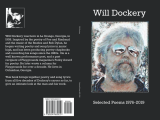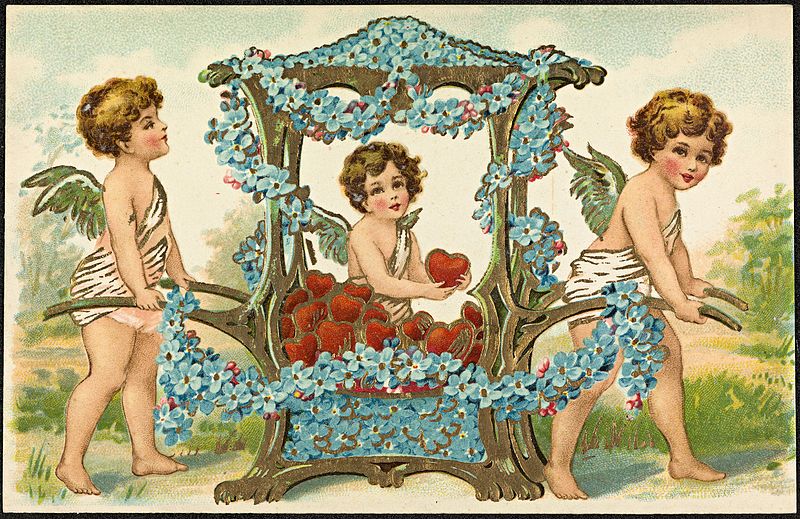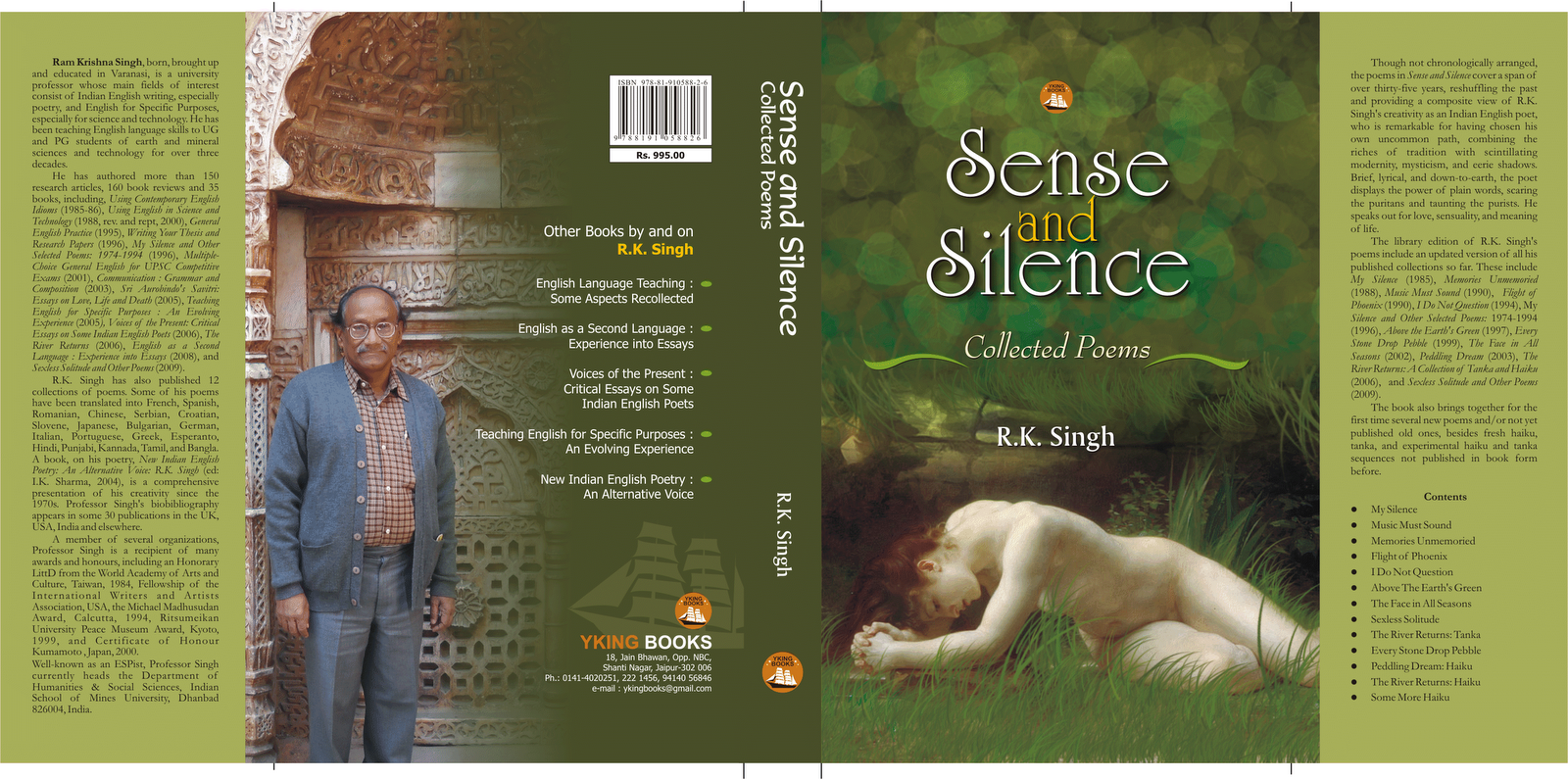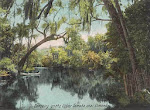ARGUMENT. Herein Diggon Davie is devised to be a shepheard that, in hope of more gayne, drove his sheepe into a farre countrye. The abuses whereof, and loose living of popish prelates, by occasion of Hobbinols demaund, he discourseth at large.
Hob. Nay, but sorrow close shrouded in hart,
I know, to kepe is a burdenous smart.
Eche thing imparted is more eath to beare:
When the rayne is faln, the cloudes wexen cleare.
And nowe, sithence I sawe thy head last,
Thrise three moones bene fully spent and past:
Since when thou hast measured much grownd,
And wandred, I wene, about the world rounde,
So as thou can many thinges relate:
But tell me first of thy flocks astate.
Dig. My sheepe bene wasted, (wae is me therefore!)
The jolly shepheard that was of yore
Is nowe nor jollye, nor shepehearde more.
In forrein costes, men sayd, was plentye:
And so there is, but all of miserye.
I dempt there much to have eeked my store,
But such eeking hath made my hart sore.
In tho countryes whereas I have bene,
No being for those that truely mene,
But for such as of guile maken gayne,
No such countrye as there to remaine.
They setten to sale their shops of shame,
And maken a mart of theyr good name.
The shepheards there robben one another,
And layen baytes to beguile her brother.
Or they will buy his sheepe out of the cote,
Or they will carven the shepheards throte.
The shepheards swayne you cannot wel ken,
But it be by his pryde, from other men:
They looken bigge as bulls that bene bate,
And bearen the cragge so stiffe and so state
As cocke on his dunghill crowing cranck.
Hob. Diggon, I am so stiffe and so stanck,
That uneth may I stand any more:
And nowe the westerne wind bloweth sore,
That nowe is in his chiefe sovereigntee,
Beating the withered leafe from the tree.
Sitte we downe here under the hill:
Tho may we talke and tellen our fill,
And make a mocke at the blustring blast.
Now say on, Diggon, what ever thou hast.
Dig. Hobbin, ah, Hobbin! I curse the stounde
That ever I cast to have lorne this grounde.
Wel-away the while I was so fonde
To leave the good that I had in hande,
In hope of better, that was uncouth:
So lost the dogge the flesh in his mouth.
My seely sheepe (ah, seely sheepe!)
That here by there I whilome usd to keepe,
All were they lustye, as thou didst see,
Bene all sterved with pyne and penuree.
Hardly my selfe escaped thilke payne,
Driven for neede to come home agayne.
Hob. Ah, fon! now by thy losse art taught
That seeldome chaunge the better brought.
Content who lives with tryed state
Neede feare no chaunge of frowning fate;
But who will seeke for unknowne gayne,
Oft lives by losse, and leaves with payne.
Dig. I wote ne, Hobbin, how I was bewitcht
With vayne desyre and hope to be enricht;
But, sicker, so it is as the bright starre
Seemeth ay greater when it is farre.
I thought the soyle would have made me rich;
But nowe I wote it is nothing sich.
For eyther the shepeheards bene ydle and still,
And ledde of theyr sheepe what way they wyll,
Or they bene false, and full of covetise,
And casten to compasse many wrong emprise.
But the more bene fraight with fraud and spight,
Ne in good nor goodnes taken delight,
But kindle coales of conteck and yre,
Wherewith they sette all the world on fire:
Which when they thinken agayne to quench,
With holy water they doen hem all drench.
They saye they con to heaven the high way,
But, by my soule, I dare undersaye
They never sette foote in that same troade,
But balk the right way and strayen abroad.
They boast they han the devill at commaund,
But aske hem therefore what they han paund:
Marrie! that great Pan bought with deare borrow,
To quite it from the blacke bowre of sorrowe.
But they han sold thilk same long agoe:
Forthy woulden drawe with hem many moe.
But let hem gange alone a Gods name;
100
As they han brewed, so let hem beare blame.
Hob. Diggon, I praye thee speake not so dirke.
Such myster saying me seemeth to mirke.
Dig. Then, playnely to speake of shepheards most what,
Badde is the best (this English is flatt.)
Their ill haviour garres men missay
Both of their doctrine, and of their faye.
They sayne the world is much war then it wont,
All for her shepheards bene beastly and blont:
Other sayne, but how truely I note,
All for they holden shame of theyr cote.
Some sticke not to say, (whote cole on her tongue!)
That sike mischiefe graseth hem emong,
All for they casten too much of worlds care,
To deck her dame, and enrich her heyre:
For such encheason, if you goe nye,
Fewe chymneis reeking you shall espye:
The fatte oxe, that wont ligge in the stal,
Is nowe fast stalled in her crumenall.
Thus chatten the people in theyr steads,
Ylike as a monster of many heads:
But they that shooten neerest the pricke
Sayne, other the fat from their beards doen lick:
For bigge bulles of Basan brace hem about,
That with theyr hornes butten the more stoute;
But the leane soules treaden under foote.
And to seeke redresse mought little boote;
For liker bene they to pluck away more,
Then ought of the gotten good to restore:
For they bene like foule wagmoires over-grast,
That if thy galage once sticketh fast,
The more to wind it out thou doest swinck,
Thou mought ay deeper and deeper sinck.
Yet better leave of with a little losse,
Then by much wrestling to leese the grosse.
















.jpeg)


